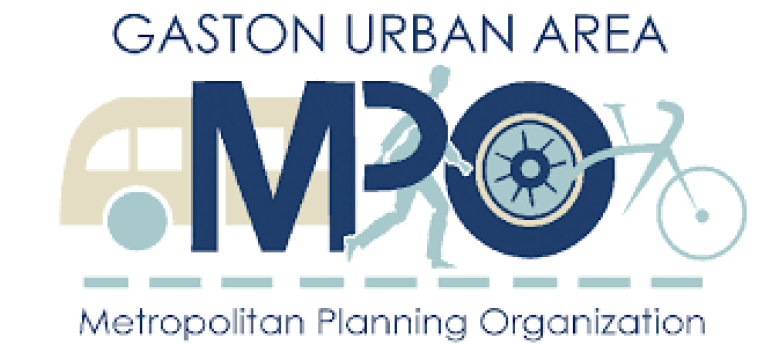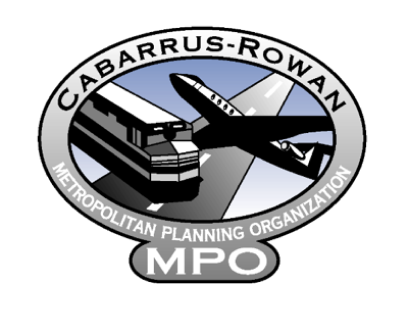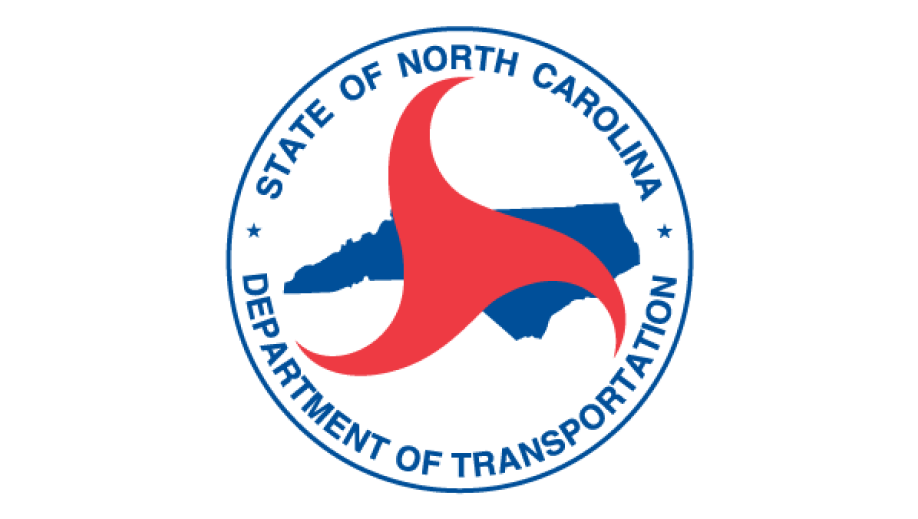Maintaining Our Momentum
Right now, we have the opportunity to proactively shape our region’s mobility future and transform the way people travel throughout our region.
By working together, we can build a Total Mobility Network that would undoubtedly enhance mobility for everyone and make it easier for people to get to where they want and need to go. We can make our region a better, stronger, and more inclusive place to live, work, and play. To make CONNECT Beyond’s vision a reality, we must Maintain our Momentum by continuing to collaborate with our regional partners and our communities to implement CONNECT Beyond’s recommendations.
Partnerships

Over the past 18 months, our regional partners have worked together to carefully develop this plan. Our regional partners cultivated a vision for our region’s mobility future and strategically mapped out recommendations for how to make this vision a reality. Now we must maintain our momentum and continue to move mobility forward by working together to implement the recommendations included in CONNECT Beyond’s regional mobility plan.
Many of the recommendations included in CONNECT Beyond’s regional mobility plan are purposely high-level and will need further evaluation and more refined analysis before they can be implemented. CONNECT Beyond’s recommendations are robust starting points and represent a foundation and vision that our regional partners will need to work together to advance and carry out. The pathway to implementation will vary for each recommendation, but the factor that remains the same for every recommendation in this regional mobility plan is that collaborative partnerships will be the key to success.
To learn more, refer to Section 5 in the CONNECT Beyond Regional Mobility Plan.
Read the Final PlanHow We'll Get There: Key Partnership Recommendations
CONNECT Beyond Implementation Manager
Timeframe: ImmediateTo ensure regional coordination during implementation, CONNECT Beyond recommends establishing near-term working agreements among the regional partners and seeking funding from the metropolitan planning organizations to create a dedicated CONNECT Beyond Implementation Manager position. The CONNECT Beyond Implementation Manager will facilitate collaboration between regional partners and supervise and lead the CONNECT Beyond Phase 1 Implementation Team as they work to implement the immediate and near-term CONNECT Beyond recommendations.
Develop CONNECT Beyond Phase 1 Implementation Team
Timeframe: ImmediateCentralina Regional Council should identify funding and increase staffing capacity to support the CONNECT Beyond Implementation Team. Regional partners, including transportation planning organizations and area transit agencies should also dedicate staff and/or staff time for participation. The Implementation Team will be tasked with carrying forward the immediate and potentially near-term CONNECT Beyond recommendations to implementation until a more formal, region-wide partnership structure can be implemented. The CONNECT Beyond Funding & Partnership Working Group will help guide the Implementation Team in more closely defining and launching the regional partnership structure, which will be responsible for carrying out mid and long-term CONNECT Beyond recommendations and leading/coordinating regional transit planning efforts into the future. The CONNECT Beyond Implementation Team will assist with the transfer of responsibilities to the regional partnership structure. This CONNECT Beyond Implementation Team will be led and supervised by the CONNECT Beyond Implementation Manager and will report to regional partners on a bi-annual basis about the progress of implementing CONNECT Beyond’s recommendations
Analyze Agency Staffing Needs
Timeframe: Near-TermExisting agency staff, from technical personnel to operators, has enabled the region to sustain the current level of service; however, CONNECT Beyond is a vision that goes beyond our current level of service. The first step in completing this vision is to assess current agency staffing levels and how those match the recommended vision of CONNECT Beyond. Regional partners should then work towards increasing the funding available to planning and transit agencies to hire additional employees, increasing the number of planning and transit operations staff.
Explore Regional Partnership Structures
Timeframe: ImmediateCONNECT Beyond’s Funding & Partnership Working Group should reconvene and expand to continue exploring potential regional partnership structures to help guide the full implementation of the CONNECT Beyond regional mobility plan, specifically, mid-term and long-term recommendations. This group should coordinate a cross-county funding strategy to pay for these programs and initiatives. It is important that the CONNECT Beyond’s Funding & Partnership Working Group explores potential structures and makes a recommendation for the type of regional partnership structure they believe would be best suited for our region, because the regional partnership structure that is recommended and created for our region will become the CONNECT Beyond Phase 2 Implementation Team. The Phase 2 Implementation Team will be responsible for carrying out the mid-term and long-term CONNECT Beyond recommendations and will lead and coordinate regional mobility planning efforts in the future. It is our hope that the regional collaboration, partnerships, and personal relationships developed during the creation and implementation of CONNECT Beyond will benefit our region long after this regional mobility vision document is released.
Create a Regional Partnership Structure to Carry Out CONNECT Beyond
Timeframe: Mid-TermAfter the CONNECT Beyond’s Funding & Partnership Working Group explores regional partnership structures and makes a recommendation, our regional partners need to work together to implement a regional partnership structure that can help carry out CONNECT Beyond. This regional partnership structure will be the CONNECT Beyond Phase 2 Implementation Team. We suggest that this Phase 2 Implementation Team develops a cross-county funding strategy for CONNECT Beyond and works together to implement the mid-term and long-term CONNECT Beyond recommendations.
Funding
Determining how we are going to fund the CONNECT Beyond recommendations is vital to the overall success of this plan. Funding is a key component of our recommended Pathway to Implementation.
For this regional mobility plan to be implemented, developing clear cost estimates and finding funding sources will be essential. Together, we have more power to secure resources for our region. CONNECT Beyond’s funding recommendations help ensure that no one is left behind and that all jurisdictions can proceed forward on their own timelines.
To learn more, refer to Section 5 in the CONNECT Beyond Regional Mobility Plan.
Read the Final PlanHow We'll Get There: Key Funding Recommendations
Conduct Revenue Source Analysis
Timeframe: Near-TermWe suggest that in the near-term, CONNECT Beyond’s regional partners work together to develop a methodology for and conduct a revenue source analysis for each county in the CONNECT Beyond region. This analysis would evaluate potential revenue streams for each county that could provide potential funding for the recommendations included in CONNECT Beyond’s regional mobility plan. One example of a potential revenue stream is a sales tax yield. Understanding the different possible revenue streams for each county and how much each potential revenue stream would produce is an essential step in the process of developing a collaborative cross-county funding strategy to pay for the implementation of CONNECT Beyond.
Conduct a Regional Financial Capacity Assessment
Timeframe: Near-TermWe suggest that CONNECT Beyond’s regional partners work together to conduct a regional financial capacity study to better understand the necessary funding and resources needed to implement the recommendations included in CONNECT Beyond’s regional mobility plan. This analysis will not only help our regional partners to understand the estimated funding necessary to implement specific CONNECT Beyond recommendations but also to identify potential funding sources and necessary next steps to secure specific funding streams.
Coordinate Regional Funding Requests
Timeframe: Near-TermWe suggest that CONNECT Beyond’s regional partners work together as a voluntary coalition to coordinate a strategy for how to seek a funding authorization request from the North Carolina General Assembly, South Carolina General Assembly, and the Federal Transit Administration (FTA). This voluntary coalition of CONNECT Beyond’s regional partners should include local elected officials from around the region, local government staff leadership, transportation planning organization staff, and transit agency executives (fixed-route and community service transit providers). The coalition will regularly report back to Centralina Regional Council Board, the MTC and regional partners to engage them as the coalition explores funding requests.
This coalition will work together to develop a lobbying strategy for how they are going to approach the funding authorization request, what they are going to jointly communicate to lawmakers and federal agency staff about CONNECT Beyond and the need for funding, and when they are going to start making this request. Having a coordinated strategy to guide the funding authorization request process will be more impactful than any single regional partner making this funding request alone. The purpose of developing a coordinated strategy is to show North Carolina and South Carolina state lawmakers as well as FTA staff that CONNECT Beyond’s regional partners are united with a shared vision and have developed a data-driven, action-oriented regional mobility plan that will utilize a two-phase implementation approach to help make the recommendations included in this plan a reality. This voluntary coalition of regional partners will seek to demonstrate that they have developed a plan of proactive recommendations for how to enhance mobility in the CONNECT Beyond region.
We believe it is important to formalize coordination while also enabling each jurisdiction to have their own approach and timing. While each county will be ready at different times, this coalition aims to develop a pragmatic approach for how to ensure these recommendations are continually implemented over the next twenty years. The coalition will work with regional partners throughout this process, ensuring funding requests will reflect the needs of communities and help to create a total mobility network for the region.
Project Partners


CONNECT Beyond is a joint effort by the Centralina Regional Council and the Charlotte Area Transit System (CATS).
Project Partners






CONNECT Beyond is a joint effort by the Centralina Regional Council and the Charlotte Area Transit System (CATS).
